Never Ever Put These 10 Foods in Your Fridge
We tend to think of the refrigerator as a tool to preserve food for as long as possible. With most foods, that’s true. Without the fridge we couldn’t keep meat, dairy products, or many types of produce in the house. Refrigerators truly are a modern miracle that revolutionized the way families eat.But as it turns out, there are certain foods that actually lose freshness in the refrigerator. Sometimes chilling food diminishes the flavor or changes the texture.You’ll want to review all 15 of the foods on our list to improve your cooking and enjoy your food more. If you’ve been putting #9 in the fridge, you have probably never tasted a truly delicious one of these. Storing the following foods at room temperature can actually help you avoid inadvertently wasting so much good stuf.
1. Potatoes
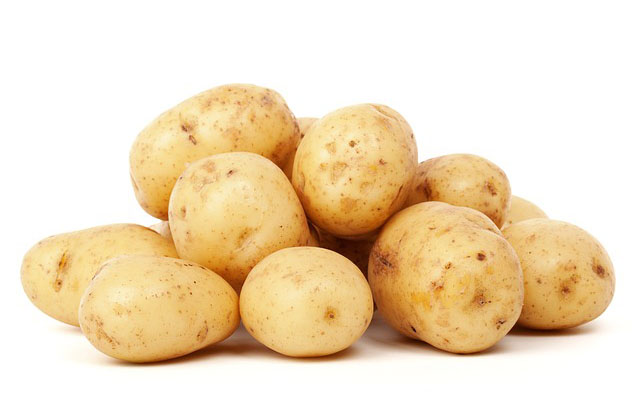
Potatoes are best stored in a cool, dark environment, but the refrigerator is too cold. The chill starts to break down the starch in the potatoes, causing a gritty texture that is unpleasant to eat. The starch also begins to turn to sugar in the fridge, further impacting the flavor.
2. Onions
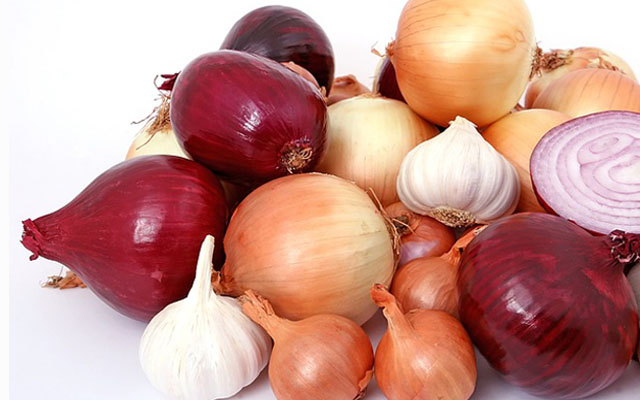
Onions will spoil more quickly in the refrigerator than on the counter. They’ll get moldy and mushy before you know it. It’s best to store onions at room temperature, but keep them out of direct sunlight. Once the onion is peeled and cut, you will want to refrigerate it. Just place it in a sealable bag and store it in the vegetable drawer.
3. Garlic
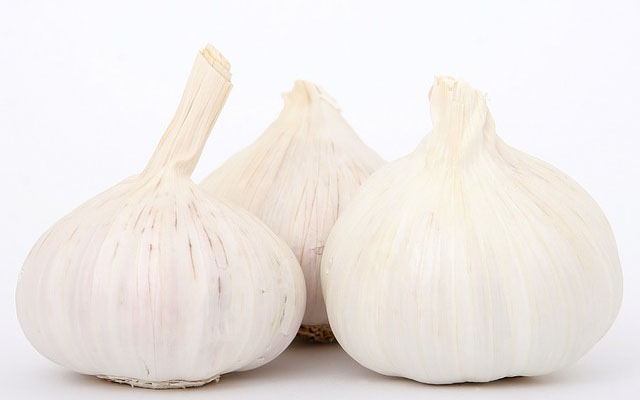
Garlic tends to lose its flavor when stored in the fridge. To maintain that pungent taste, keep it in a cool and dry container with some ventilation.
A paper bag is a great example. But garlic does still begin to degrade once the head has been broken open. Be sure to use those cloves within 10 days.
4. Melon
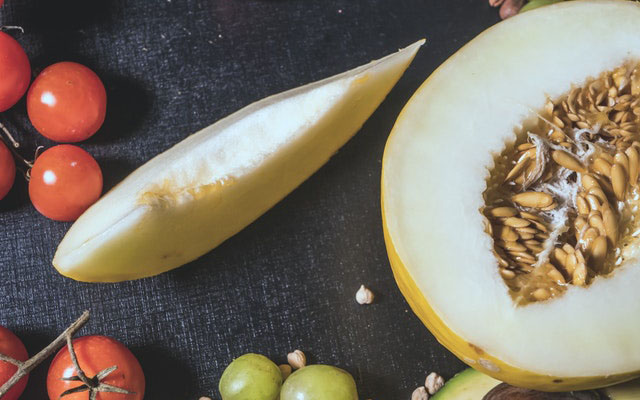
Whole melons, such as cantaloupe, watermelon, and honeydew, taste best when stored at room temperature.Some research even suggests that refrigerating melon will degrade the antioxidant content more quickly, so eating it at room temperature makes that fruit healthier, too. After cutting, you can store melon in the fridge for about 3-4 days.
5. Honey
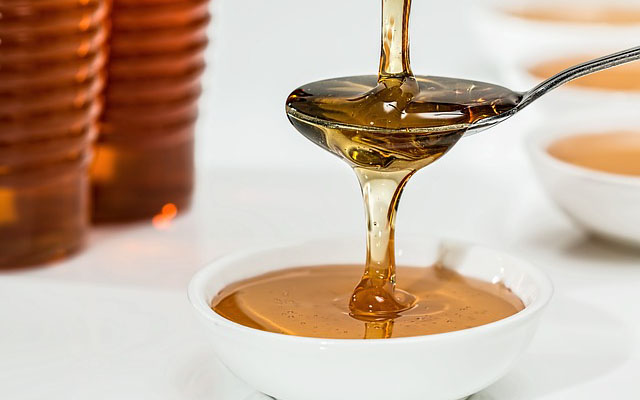
Honey will crystallize when kept in the refrigerator. It becomes grainy and virtually solid, so it is nearly impossible to use as well as unpleasant. Honey keeps for a really long time as long as it is stored at room temperature. Honey that has solidified can be recovered by gently warming the bottle in warm water.
6. Bread
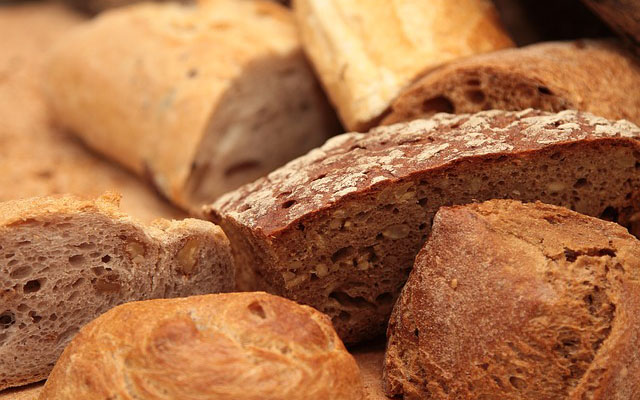
Bread is relatively perishable in general; it just doesn’t last very long before molding. Some people put it in the refrigerator to stave off mold growth, and it does help in that sense. But refrigerating bread also dries it out so you can’t enjoy it anyway. Bread is best stored in a bread drawer or in the pantry. If you need to extend its life, freeze it and then toast slices as needed.
7. Nuts
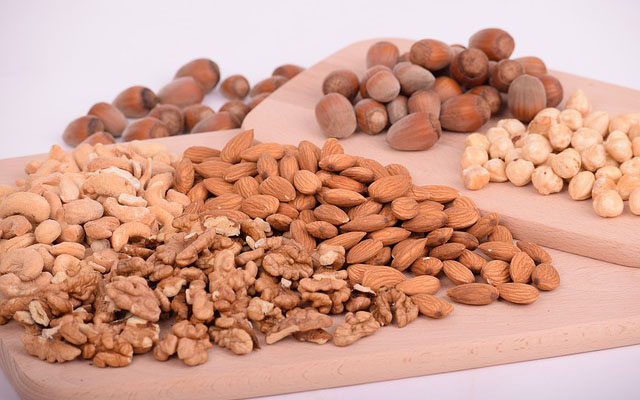
Refrigerating nuts can extend their life by preventing the oils from becoming rancid. But even so, you won’t want to eat them chilled because they tend to lose their distinctive nutty flavor as well as absorb the odors of other food in the fridge.It’s best to store nuts in an airtight container at room temperature. To revive nuts that have been refrigerated, you can toast them in a dry pan before eating.
8. Coffee
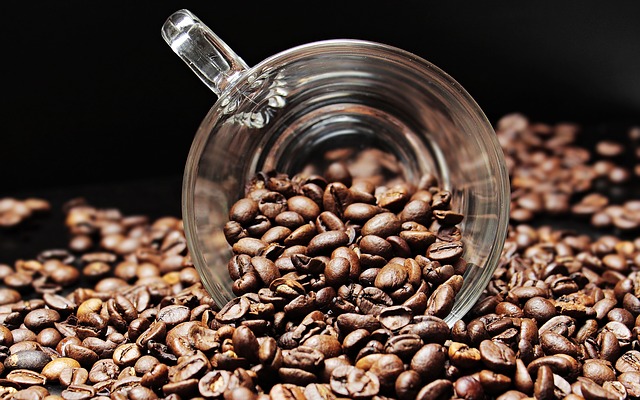
If you love coffee, you know that there is a huge difference between great coffee and bad coffee.Refrigerating the beans, either whole or ground, will cause watery condensation to build up, and that makes for a seriously underwhelming brew. Keep those beans in an airtight container at room temperature instead.
9. Tomatoes
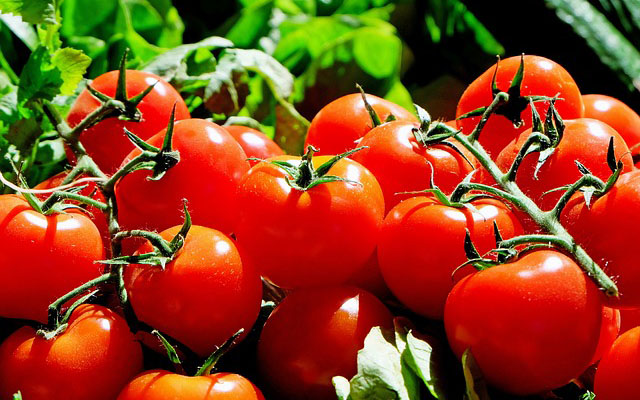
While a lot of produce does better in the refrigerator, tomatoes are best stored on the counter. Chilling whole tomatoes strips their flavor and makes the texture mealy.If your tomatoes are under-ripe, put them on a sunny windowsill. If they begin to over-ripen it’s best to cook them, after which they can be stored in the fridge.
10. Apples
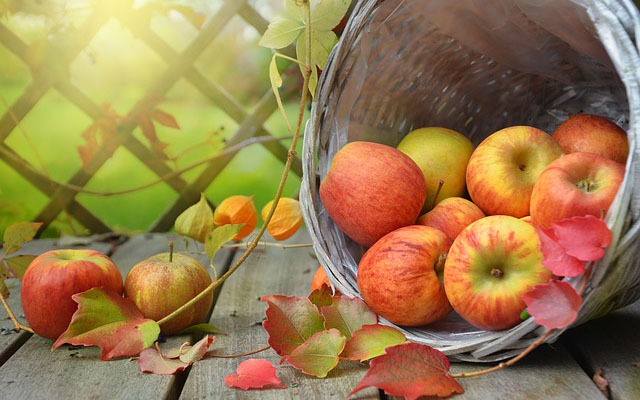
You can refrigerate your apples if you prefer them cold, but there is no need to. In fact, chilling them tends to break down their crispness. Apples are a nice fruit to display on a table or counter for a couple of weeks. At that point, any that haven’t been eaten can be put in the fridge to extend their life a few days more.
From: hhdresearch.org with a minor change




